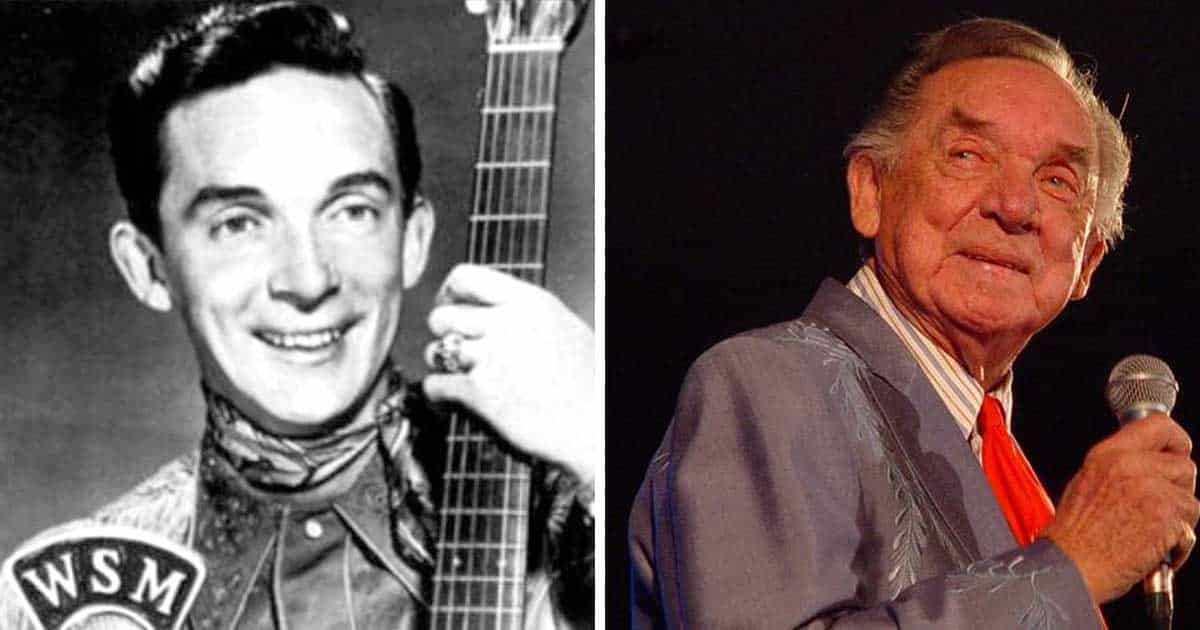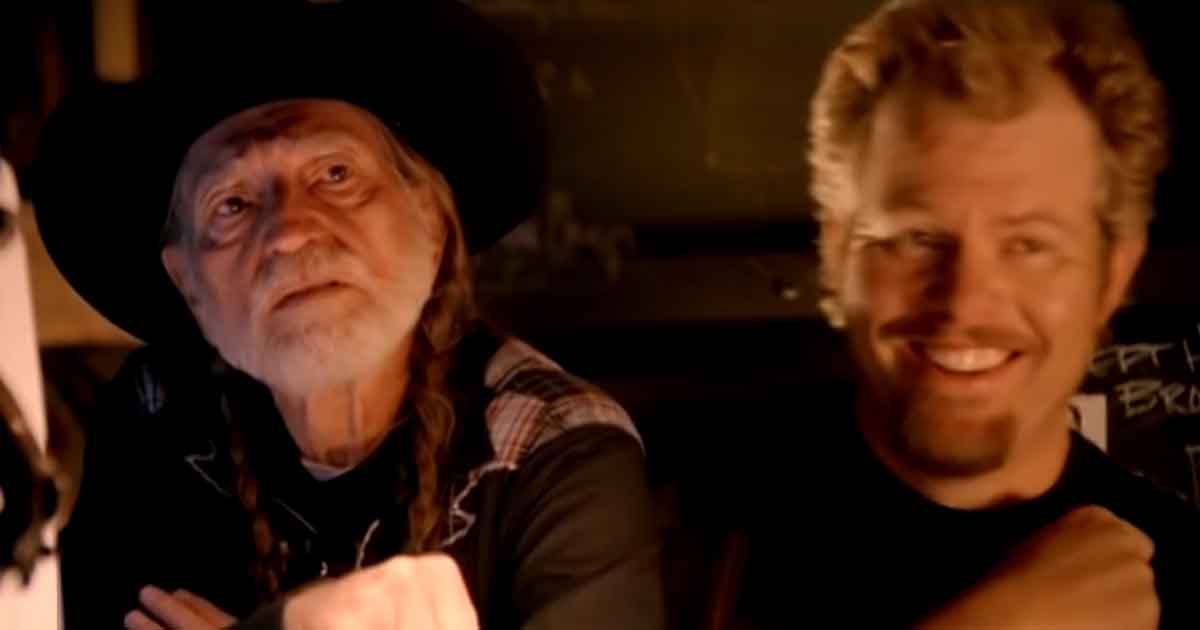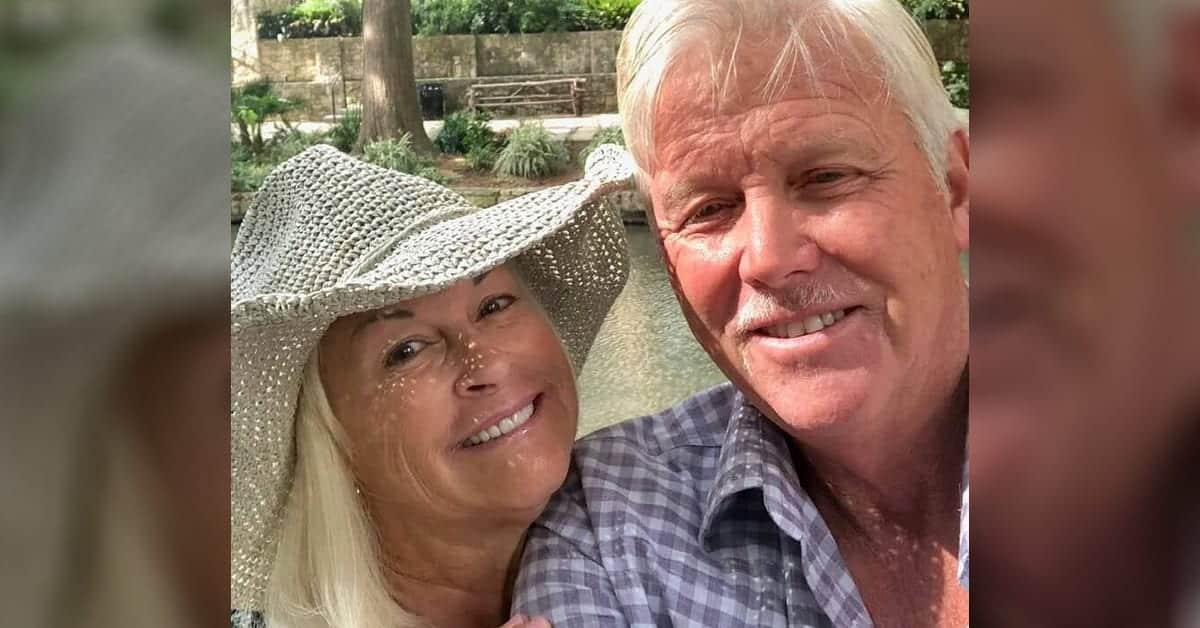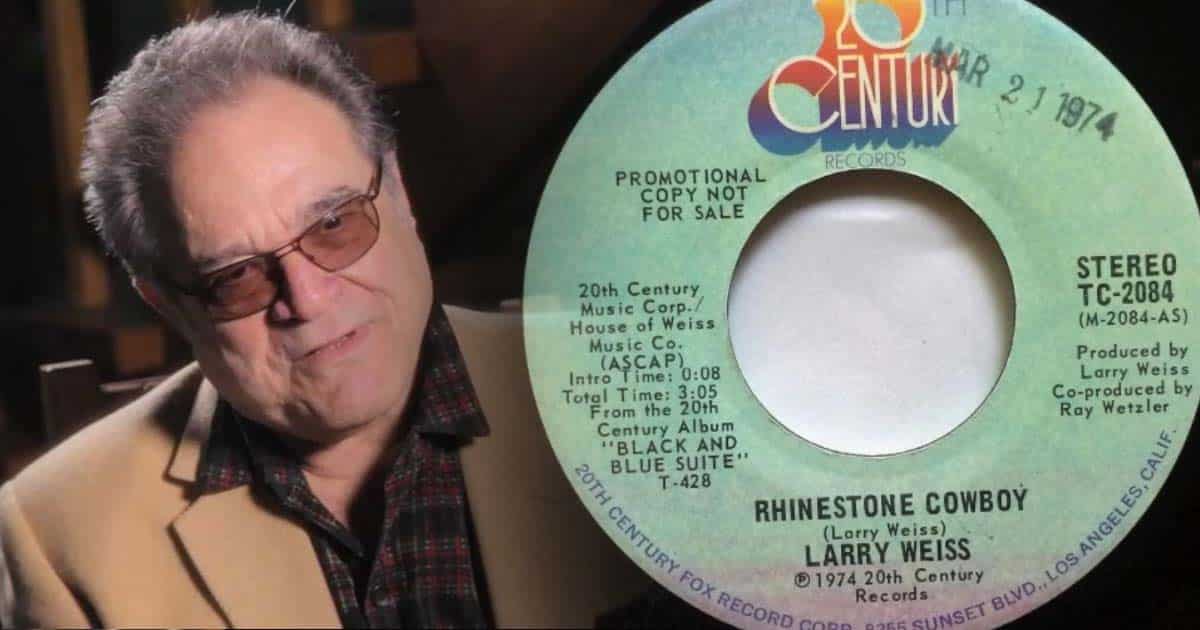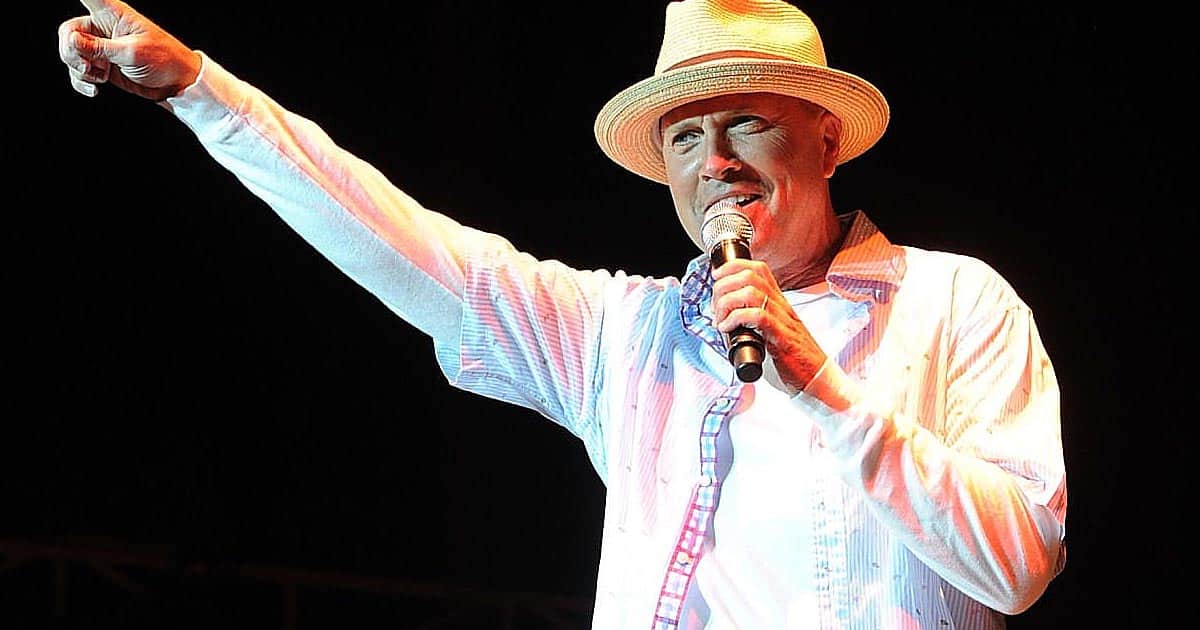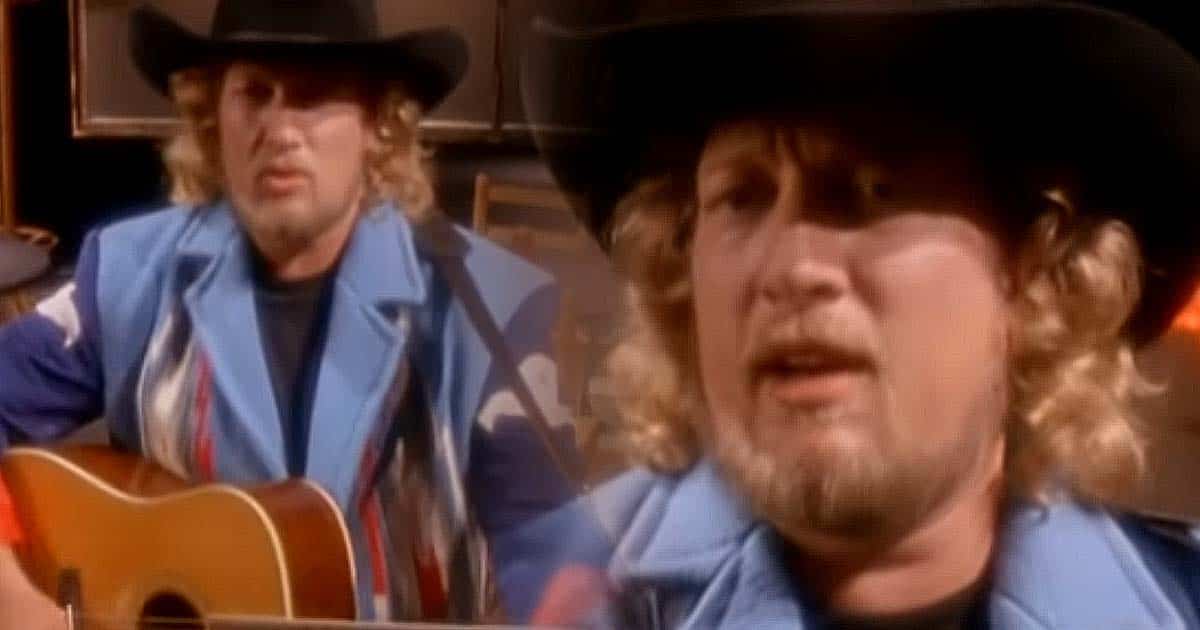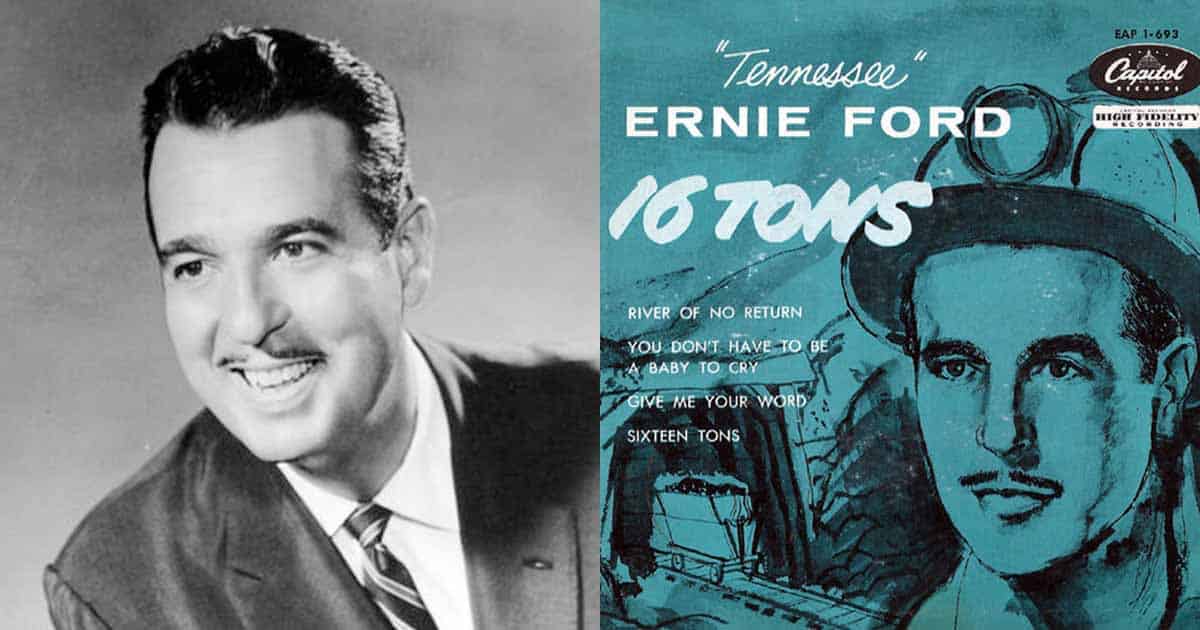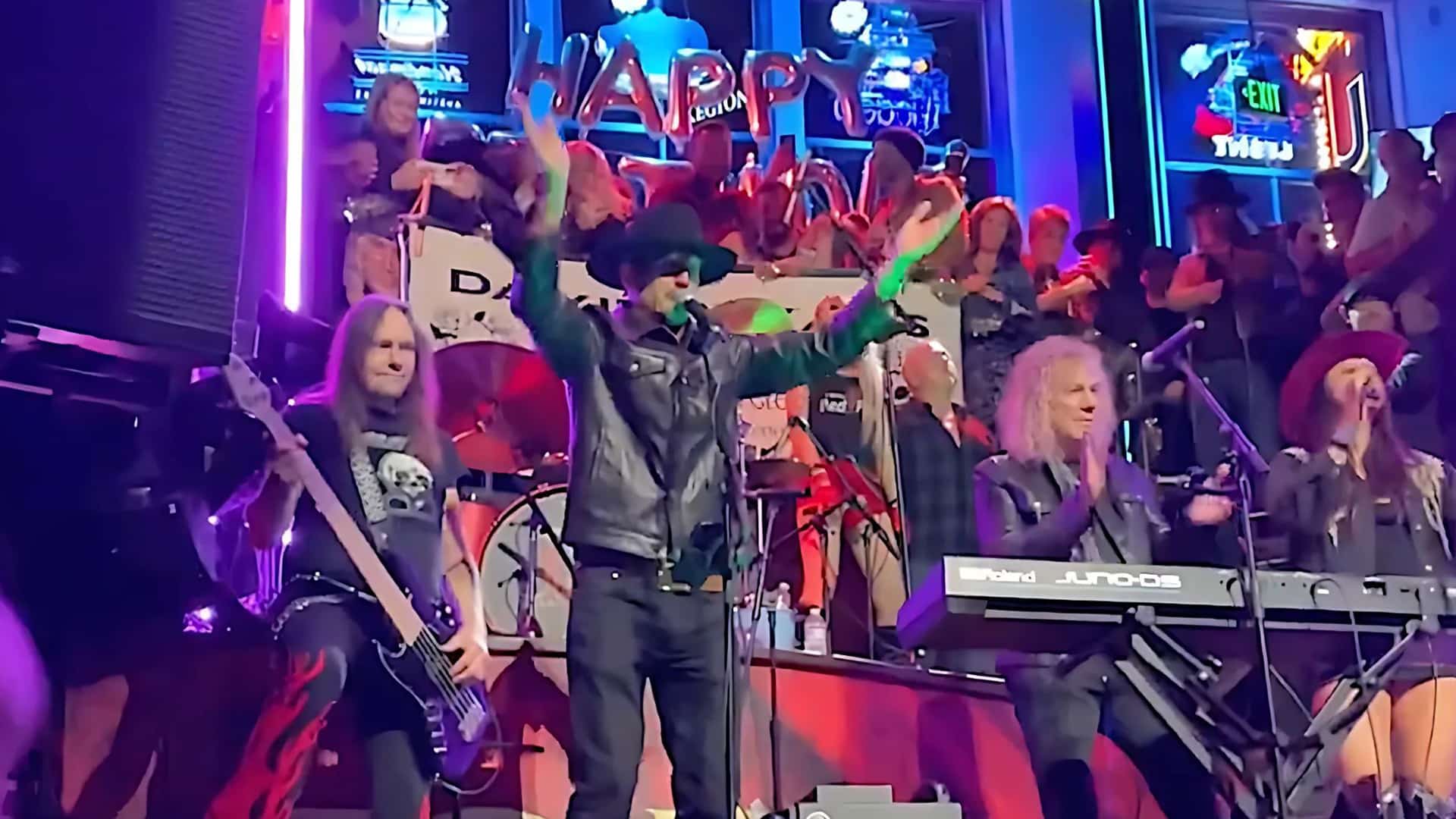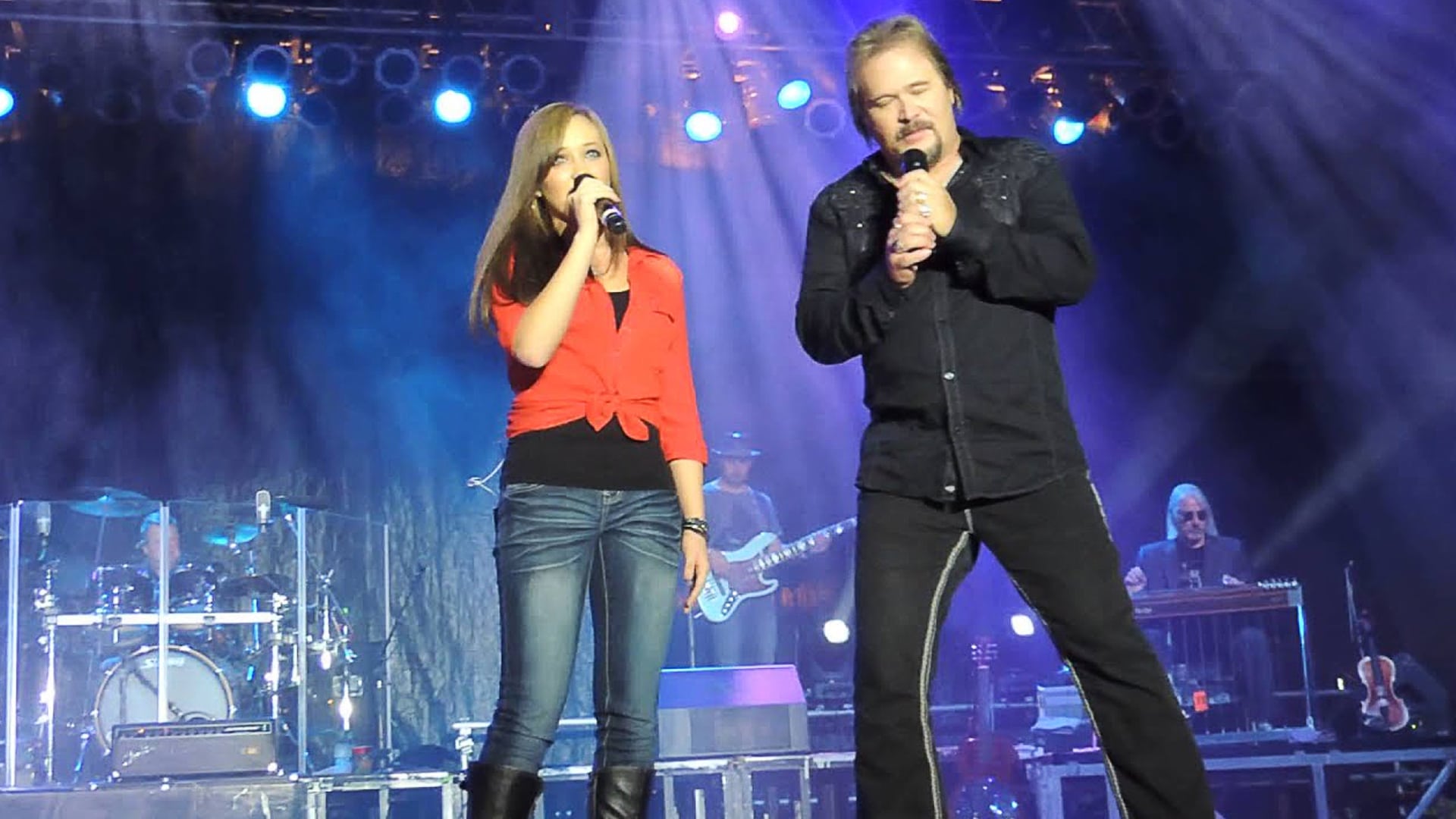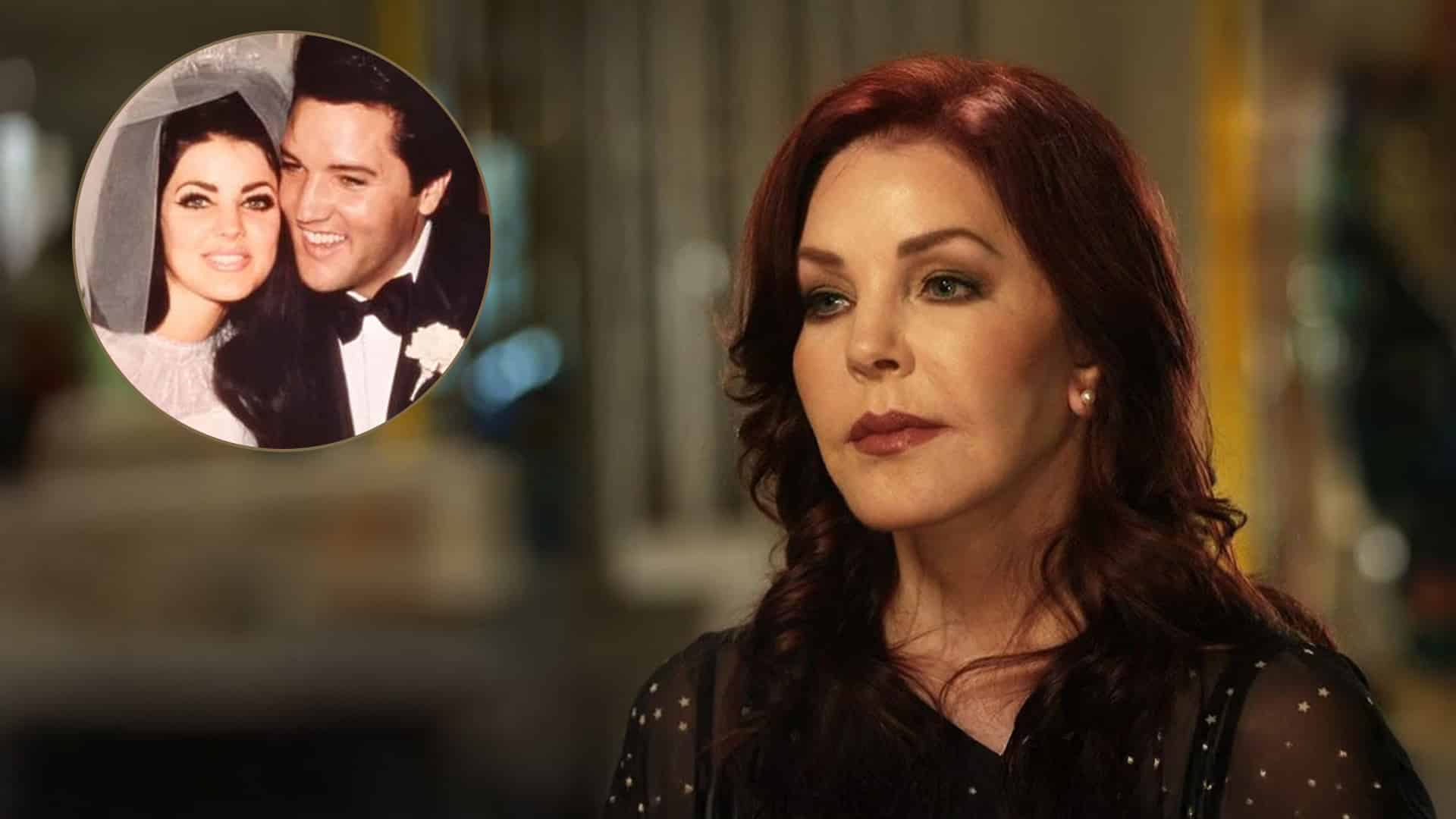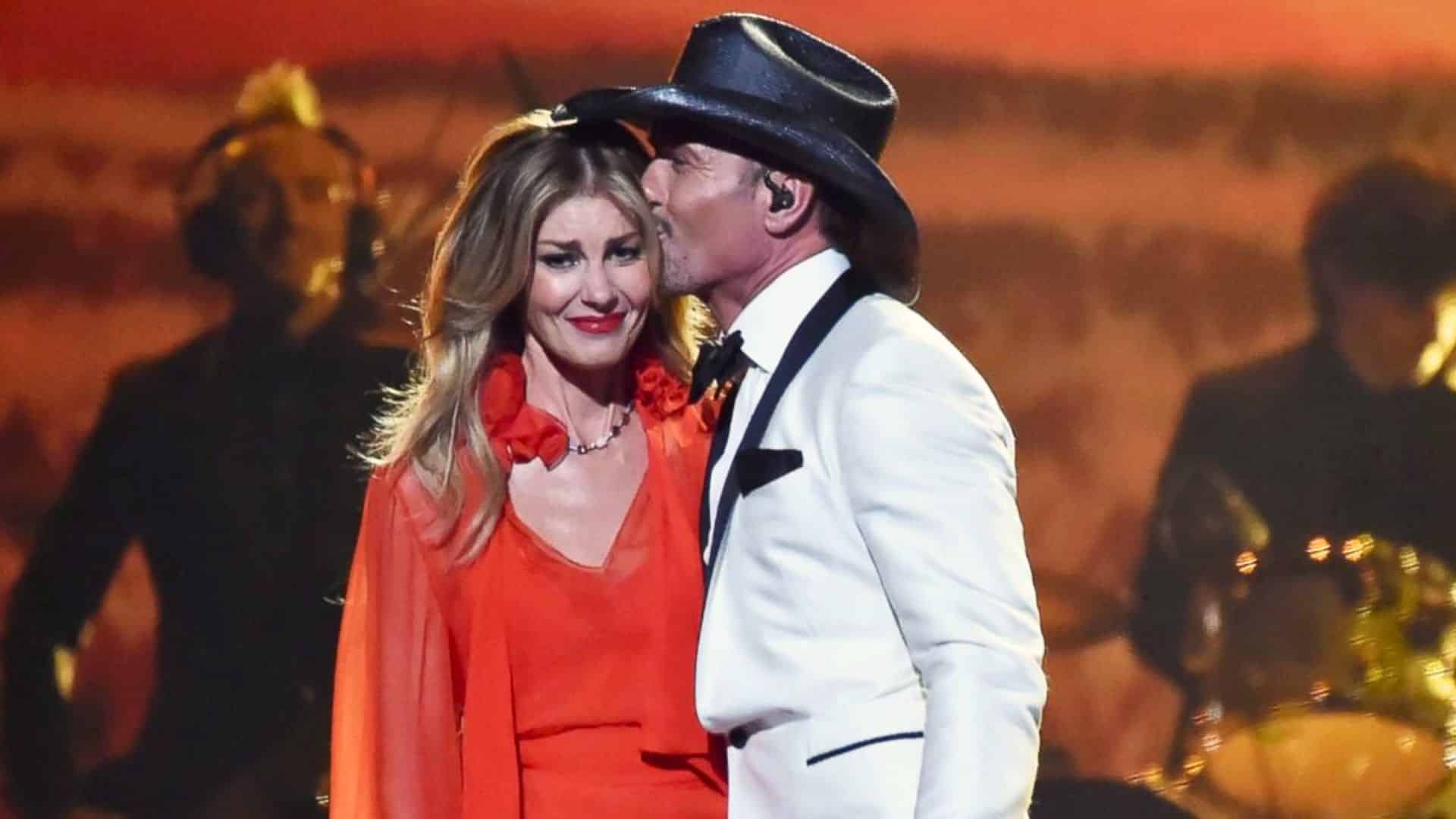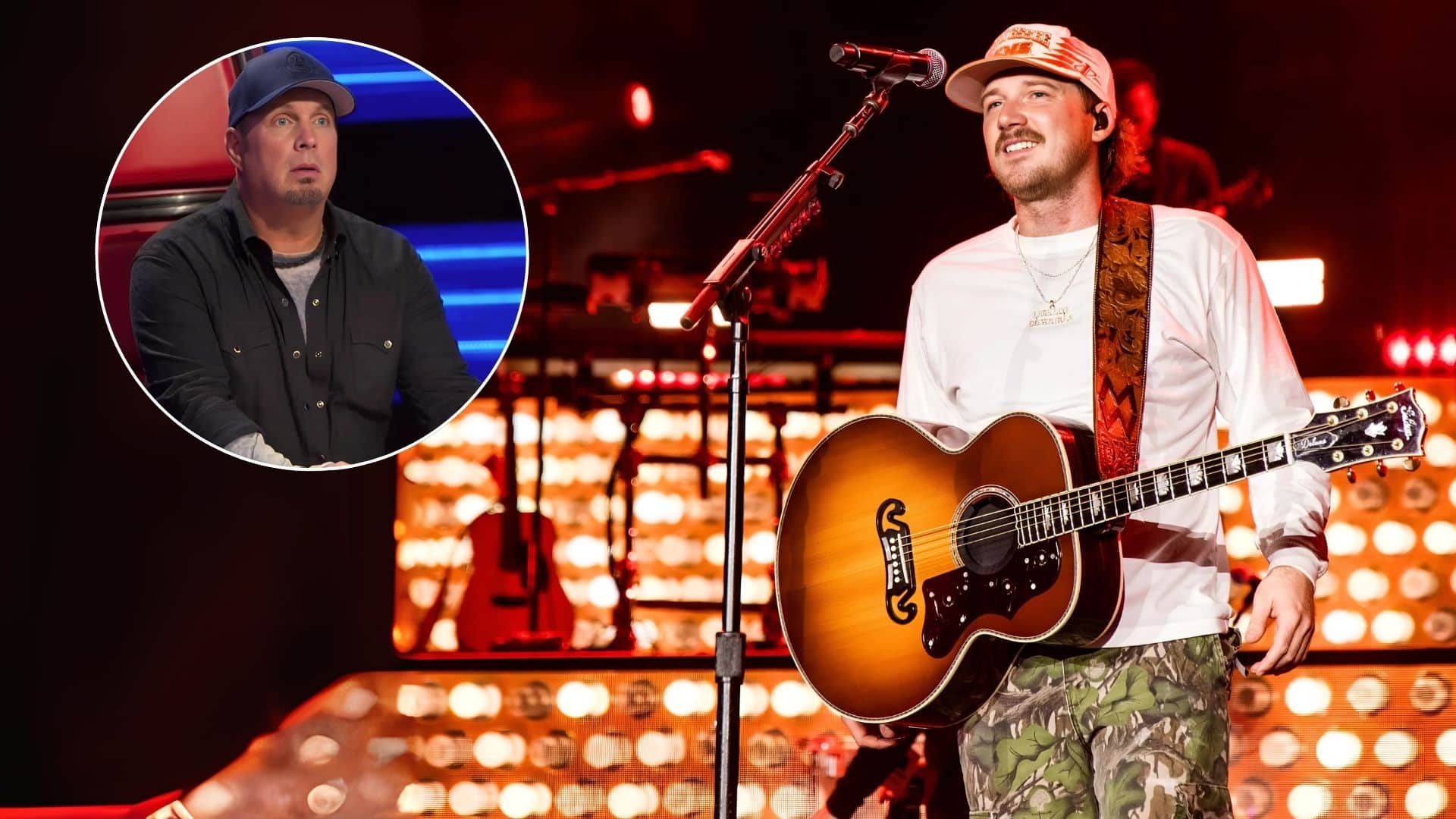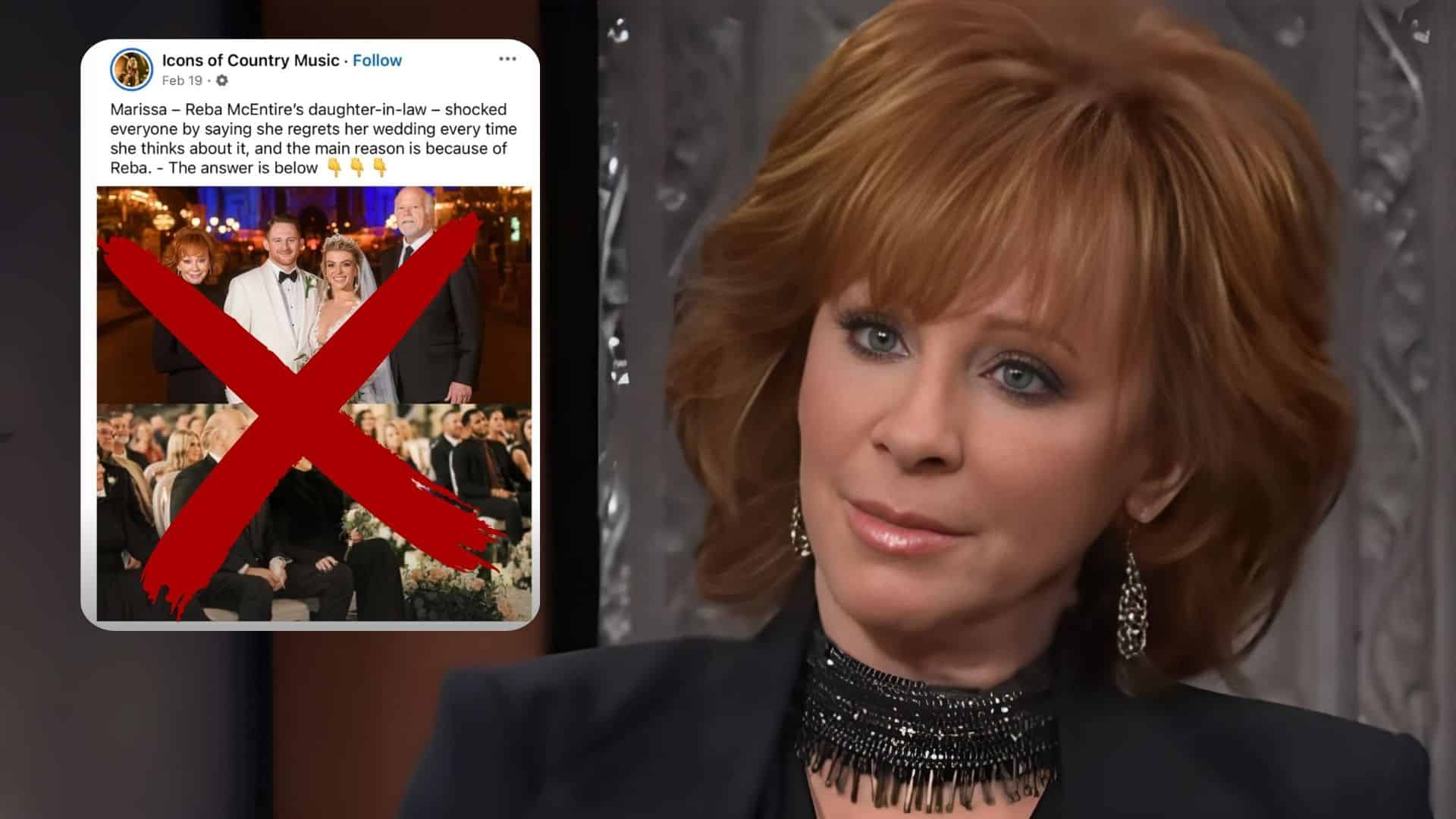Ray Price’s Legacy
Ray Price’s career has been overwhelmingly complimented and criticized at the same time. Six years ago today, Ray passed away in his home in Texas. He was known as the one who saved the hard country when Nashville went pop. On the other hand, he was criticized as the man who went pop when the hard country was starting to call its own name.
In memory of Ray Price’s legendary career, let us take a look at what he has done through the years.
Early Years
Born in Perryville, Texas, Price spent most of his time as a youth in Dallas where he learned to sing and play the guitar. After graduating from high school, Price went to North Texas Agricultural College in Abilene to study Veterinary Medicine. But in 1942, Price left to join the Marines. Price remained in service throughout World War II.
Price returned home to Texas in 1946 where he initially went back to college. In his return, he played in local clubs and honky-tonks. KRBC, a local radio station, also invited him and named him Cherokee Cowboy.
The Big D Jamboree, later on, convinced Price to make music his full-time career. This, The Big D Jamboree, would, later on, helped him release a single,” Your Wedding Corsage”/” Jealous Lies”, as the show had been televised regularly by CBS.
The Price of a Nashville Career
In 1951, Price pursued a major-label record that eventually led him to move to Nashville. Trey Martin was instrumental for the first label contract that Ray signed with Columbia. Troy Martin, an A&R representative convinced Don Law, who was the label’s chief, that Decca was prepared to give Ray Price a contract. Price was unable to impress Don Law prior to the contract. Law turned down Price 20 times and told Martin to never mention his name again.
But the tides changed in the spring of 1952 when Price’s “Talk to Your Heart” became his number three hit. Hank Williams, Ray Price’s idol who immediately became a close friend, did Price some favor. Price recorded Williams’ “Weary Blues.” Williams also helped Price join the Grand Ole Opry. It was on those times that when Hank went missing or too drunk, Price became his permanent substitute and following Hank’s death in 1953, Price inherited The Drifting Cow Boys.
After the success attained by “Don’t Let the Stars Get in Your Eyes” in 1952, Price was off the radar in 1953. It was when “I’ll Be There (If You Ever Want Me) hit number 2 in 1954 that Price had another start of stringed success. Some of his singles that entered the Top Ten were, “Release Me’ and “If You Don’t, Somebody Else Will.”
Yet again, Price disappeared from the charts in 1955 as he spent more time forming the Cherokee Cowboys.
Price came into a realization that performing with the Drifting Cowboys made him sound like Hank Williams. In search of his true sound, Price formed his own group which was composed of members that came from “Lefty Frizzell’s Western Cherokees.” Eventually, gifted musicians began their career with this ban including Roger Miller, Johnny Paycheck, Buddy Emmons, Johnny Bush, and Willie Nelson.
In 1956, Ray returned to the charts first with “Run Boy” and then with “Crazy Arms”, a honky-tonk number that became a country classic. This song was one of the few country songs that have been recorded with a Drum Kit. Country artists were reluctant in using the drums even the Grand Ole Opry banned the instrument from its stage up until Price.
“Crazy Arms” spent a shocking 20 weeks at the top of the country charts. The blockbuster single modified the situation and also established Price’s status as a star. Ray Price remained near or at the top of the charts for the next decade where he racked up 23 Top Ten singles between 1956 and 1966.
His chart-topping singles include, “I’ve Got a New Heartache” (Number two, 1956), “My Shoes Keep Walking Back to You” (number one, 1957), “Make the World Go Away” (Number Two 1963), and “City Lights.” “City Lights” spent 13 weeks at the top of the charts in 1958.
The Mid ’60s
Through the mid-’60s, Price’s career entered a plateau. Though he was producing hits, they weren’t as frequent and as big as it once was. Ray abandoned the cowboy suits to change his approach again. This time, he brought in strings to accompany him which made him one of the first to explore the approach that is brought by smooth, orchestrated sounds of the late-‘60s and early 70’s country-pop.
This new approach resulted in another round of Top Ten hits. But it was only until the 1970s where Price made a cover of Kris Kristofferson’s “For the Good Times” that marked his return to the top of the charts. For the succeeding years, he scored an additional three number one singles.
The Mid-’70s
Almost a decade passed and the string-laden country-pop approach that Price has pioneered diminished. Price spent the rest of the decade struggling to get into the charts. He left Columbia Records, his home for a long time in 1974 and signed with Myrrh where he produced two Top Ten Hits for the next year.
Leaving Myrrh in 1975, Price signed with ABC/Dot where only 1977’s “Mansion on the Hill” gained much attention. He then switched to another label in 1978 with Monument which, again, became an unsuccessful venture.
A reunion with his old bassist Willie Nelson sparked life to Price’s career. With the album “San Antonio Rose” that contained the number three hit “Faded Love” which rekindled Ray’s career. After the success of the said album, Price’s career cooled down.
The Late ’80s to Early 2000
With his career cooling down Price, as he always does, found a new approach now focusing in theaters where he mostly spends his time singing and performing. His album “Sometimes a Rose,” which was produced by Norro Wilson, was the most notable one. Several collaborations and tours were made in 2003 and 2007.
More than just being a great singer, Ray Price accepted the challenges that the music industry incessantly required. He adapted various approaches, developed his own sound, pioneered a new era for Music, and embodied his great passion for what he does.

